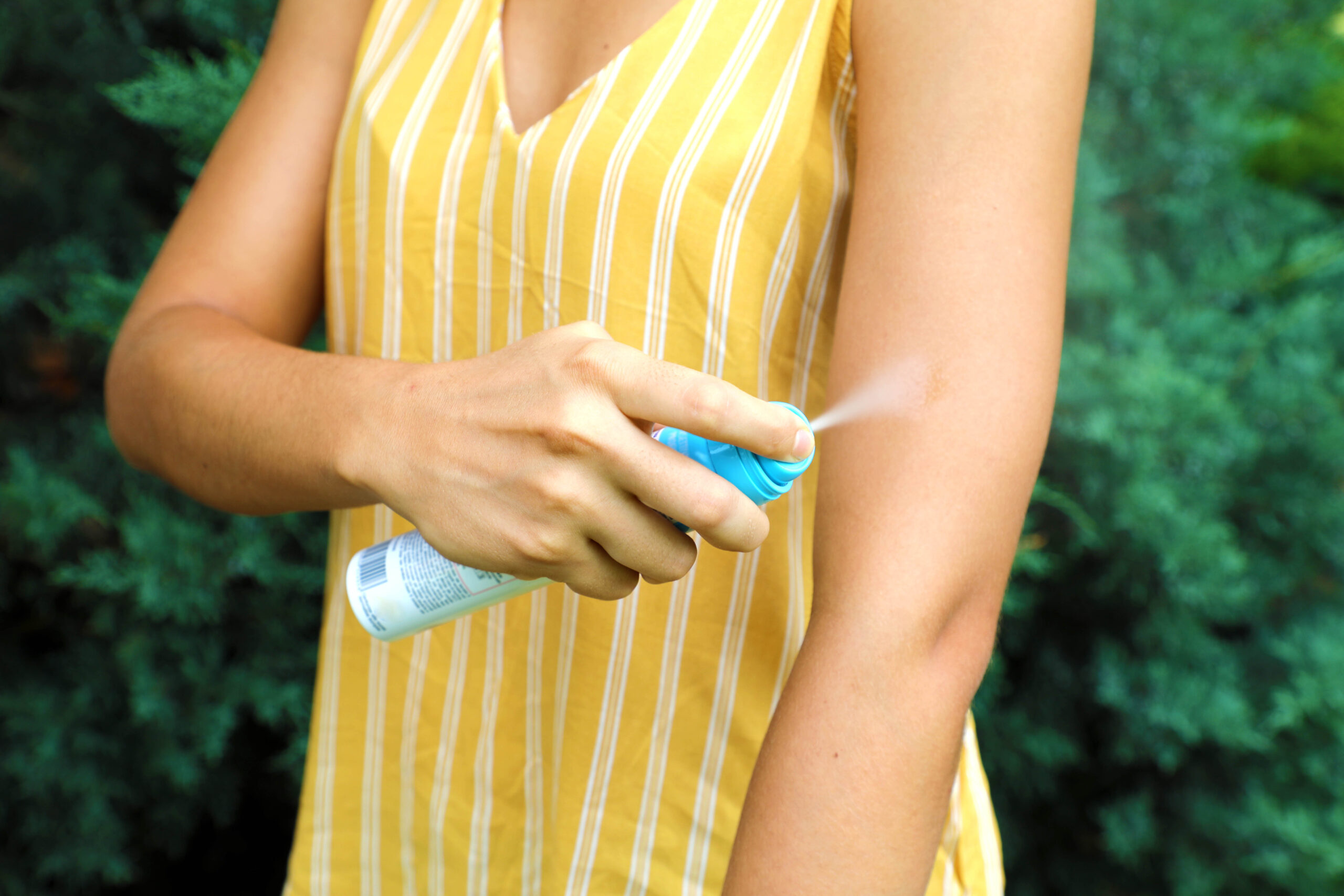As warmer weather approaches, so do pesky bugs and insects.
With concerns about the chemicals found in conventional bug repellents, many people are seeking more natural alternatives to protect themselves and their loved ones from pesky pests.
In this article, we will explore the benefits of natural bug repellents, how they work, and how to safely use them for people of all ages – even our furry friends.
Why Choose Natural Bug Repellents?
Natural bug repellents can be just as effective as their chemical counterparts, but without the worry of exposing yourself or your family to potentially harmful ingredients. Many conventional bug repellents contain chemicals like DEET, which has been linked to adverse health effects, including skin irritation, allergic reactions, and even neurological issues.
By choosing a natural bug repellent, you can protect yourself from insects while avoiding these risks.
Another advantage of using natural bug repellents is their reduced impact on the environment. Chemical bug repellents can contaminate water sources and harm aquatic life, while natural options are less likely to cause harm.
Additionally, many essential oils used in natural bug repellents are derived from sustainable sources.
How Do Natural Bug Repellents Work?
Natural bug repellents work by masking the scent of humans and animals, making it harder for insects to find their targets. They often contain essential oils that have been found to repel pests, such as citronella, eucalyptus, and lemongrass.
These oils contain compounds that are unpleasant or even toxic to insects, discouraging them from landing on or biting the person wearing the repellent.
It’s important to note that the effectiveness of natural bug repellents can vary depending on the type of insect and the specific essential oil used. Some oils may be more effective for repelling certain insects, such as mosquitoes, while others work better against ticks or ants.
It’s crucial to do thorough research on the ingredients in your chosen natural repellent to ensure it will be effective for your needs.
Related Articles:
Harness the Power of Essential Oils for Insect Repellent
Essential Oils Mosquito Protection
Essential Oils to Enhance Outdoor Living Spaces
Introduction to Natural Pest Control
Safe and Effective Repellent for Kids
Benefits of Natural Bug Repellents and Essential Oils for Your Family and Pets
Essential Oils for Natural Bug Repellent
There are many essential oils that can be used to create a natural bug repellent, but some of the most effective and widely-used options include citronella, eucalyptus, lemongrass, lavender, and geranium. Citronella is one of the most popular choices, as it has long been recognized for its ability to repel mosquitoes.
Eucalyptus and lemongrass are also useful for keeping mosquitoes at bay, while lavender and geranium can help deter ticks.
When choosing essential oils for your natural bug repellent, it’s important to opt for high-quality, pure oils from reputable sources. Synthetic or low-quality oils may not provide the same level of insect-repellent properties and could even cause skin irritation.
Applying Essential Oils on Skin
Before applying essential oils directly to your skin, it’s crucial to dilute them with a carrier oil, as undiluted oils can cause irritation or sensitivity. Common carrier oils include coconut oil, almond oil, or jojoba oil.
A general guideline is to mix 5-15 drops of essential oil with 1 ounce of carrier oil. It’s always a good idea to perform a patch test on a small area of skin to ensure no adverse reactions occur before applying the mixture to larger areas.
Using Essential Oils for Children’s Bug Protection
When using essential oils for children, it’s essential to exercise caution and adjust the dilution ratio. A safe recommendation is to use 2-5 drops of essential oil per 1 ounce of carrier oil for children between the ages of 2-10 years old.
Keep in mind that some essential oils are not recommended for use on young children, so it’s crucial to research each oil and consult a pediatrician if you are unsure.
Safeguarding Your Pets from Bugs with Essential Oils
Pets can also benefit from natural bug repellents, but it’s important to proceed with caution, as some essential oils can be toxic to animals, particularly cats. Before using essential oils on your pet, consult with a veterinarian to ensure the safety of the specific oil you have chosen.
Some pet-safe options include cedarwood oil, lemongrass oil, and lavender oil. As with humans, be sure to dilute the essential oil with a carrier oil before application.
Natural bug repellents offer a safe, effective, and eco-friendly alternative to traditional chemical-based insect repellents. With a wide variety of essential oils to choose from, you can create a customized bug repellent that suits the needs of you, your family, and even your pets.
By doing thorough research, consulting with professionals, and using high-quality oils, you can enjoy the outdoors without the worry of pesky insects or harmful chemicals.

